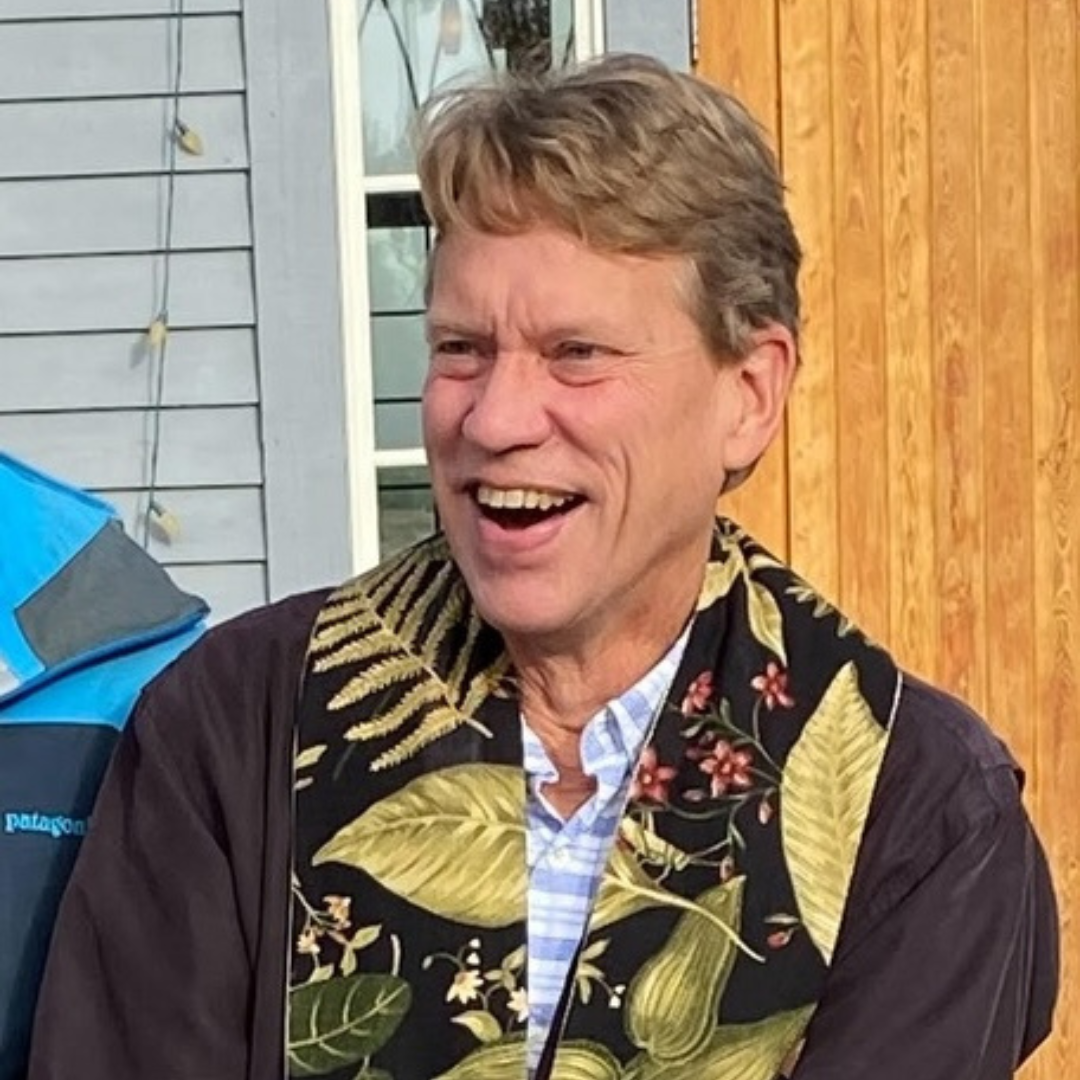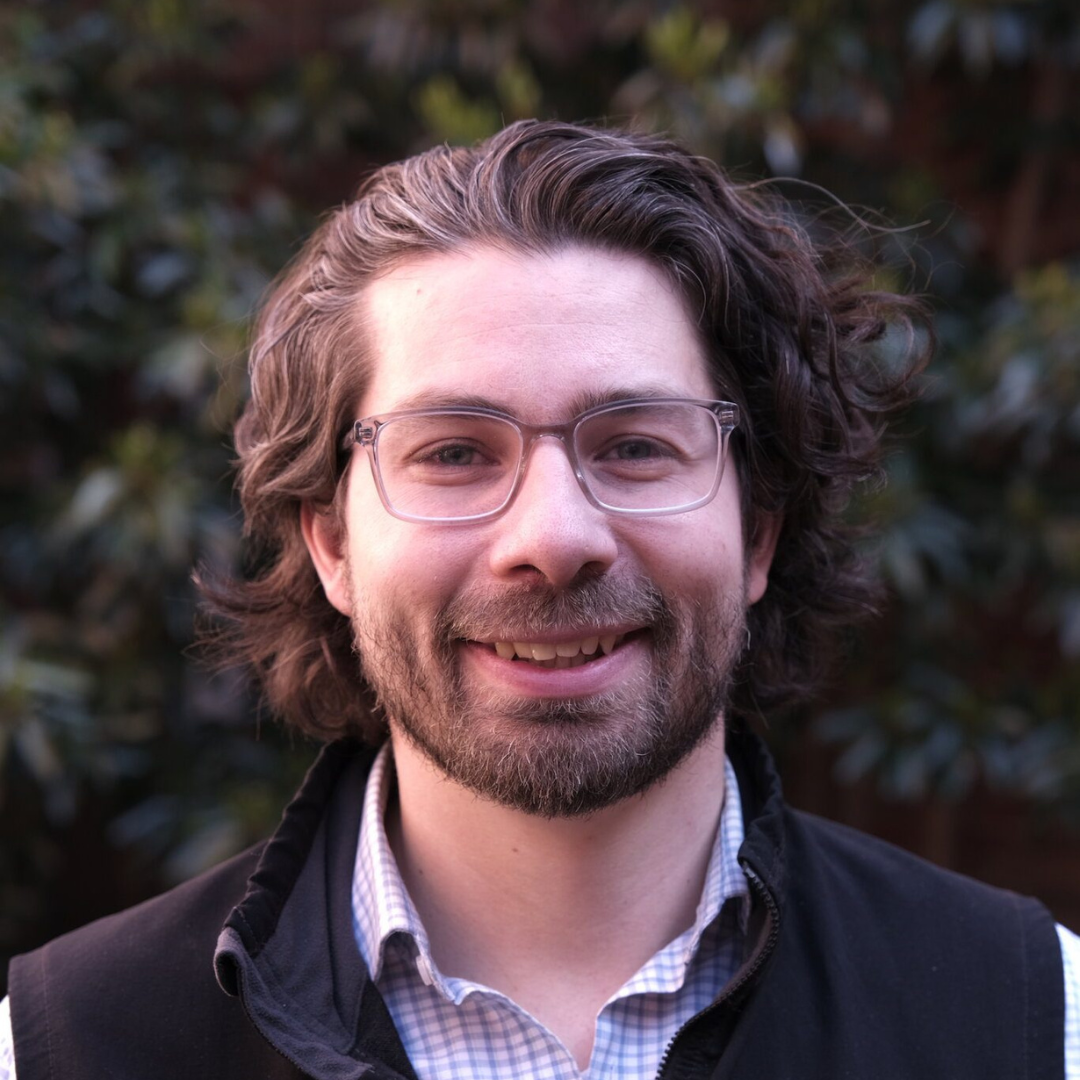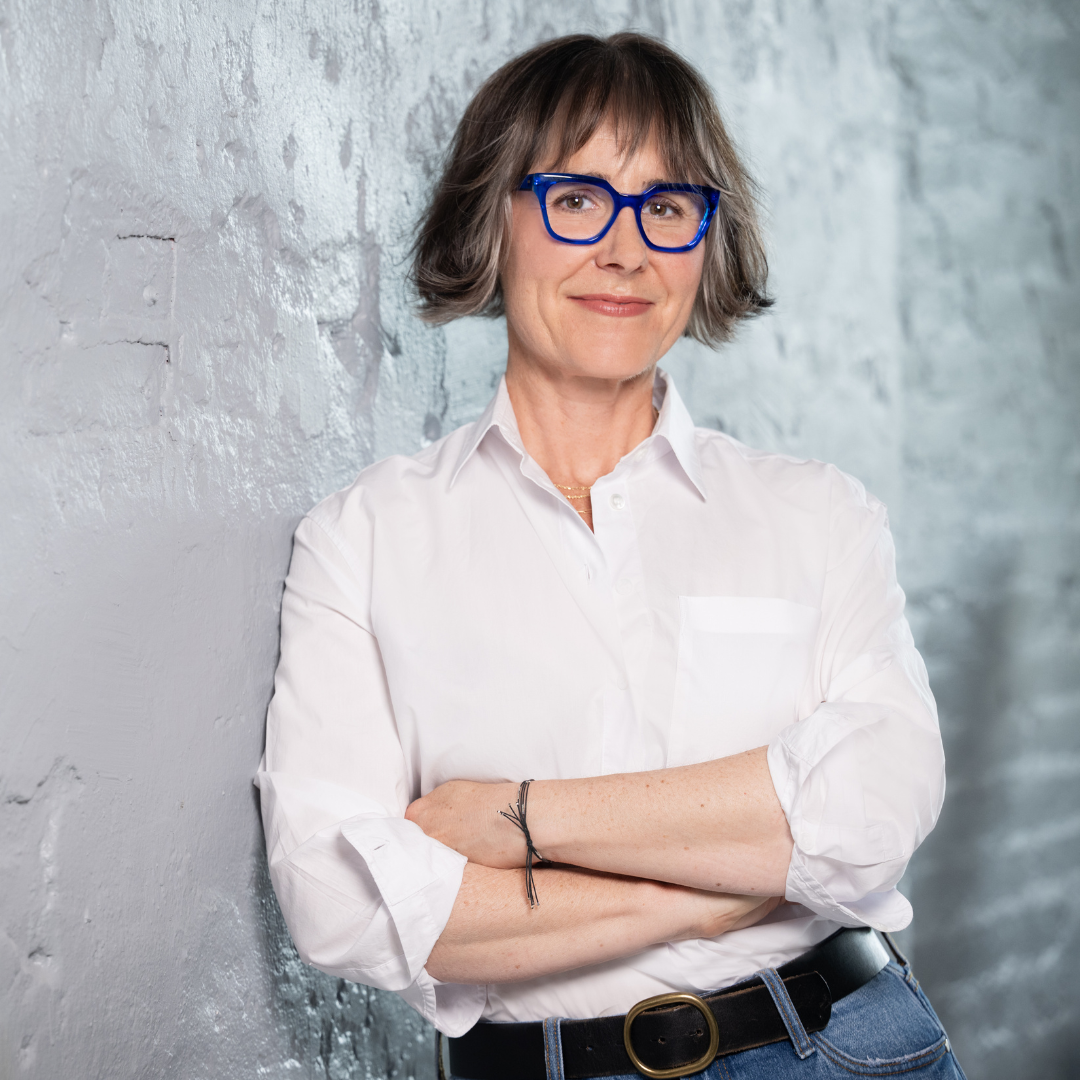Church Anew Blog
Get Updates in Your Inbox
Want to stay up-to-date with the Church Anew Blog? Sign up for our weekly blog round-up.
Praying Without Ceasing at Shepherd of the Mountains Lutheran Church
Becoming alert to our dominant thinking—a barrier to listening to God—is generating a way into new freedoms. Contemplative praying encourages a gracious and compassionate approach to uncovering—gently and patiently removing the obstacles to God’s way for our inner life and for our public life.
The Parable Wall Street Loves
The Parable of the Talents has, at least functionally, come to be interpreted through the lens of congregational finance and wealth stewardship. In many places, it is emphasized as a consoling text that softens and contextualizes other, more challenging things Jesus said about wealth.
Author Interview: Meta Herrick Carlson, “We Remember Your Baptism”
It’s a good time to remember what has already been accomplished by God, to declare publicly what is universally and uniquely and unconditionally true, and to practice carrying promises as a community instead of fending only for ourselves.
Salt and Warmth and Light
Everything is different now. I returned home to find this occupation is cruel and pervasive and completely disorienting. And. I returned home to find the resolve of our community familiar and fierce. Steady like salt. Huddled for warmth. Lighting the way.
To My Siblings In Christ: Seek First the Kingdom
I want to pause here and speak directly to those who lean conservative, consider themselves evangelical, or Republican. I do so as someone who has, at different points in my life, considered myself conservative, evangelical, and Republican — and who still understands why those commitments feel meaningful, especially in uncertain times.
… If you feel caught between what your faith is asking of you and what your community expects from you, you are not alone.
This post is not a call to abandon conservatism or to embrace a different tribe. It is a call to something older and deeper: the freedom to remain loyal to Jesus even when that loyalty complicates our political identity.
Faith as Trust: Why Religious Frameworks Matter Right Now (Even if You’re Not Religious)
If faith is trust, if religion is really about what you trust enough to organize your entire life around, then what are those of us who call ourselves “nones” supposed to do with that? […] in this particular moment of instability and violence and fear and anxiety, I keep wondering: what lessons are religious leaders offering that might matter to those of us outside their communities? […] But how can they function as conversation partners—helping us ask better questions even if they can’t give us answers?
The Perfect Time for the Imperfect Time
The time is indeed now for communities to provide opportunities to channel their giving toward what they value the most: actions that provide meaning, and tangible human support in times of hardship.
Love in the Waiting: An Advent Word with Octavia Butler
Octavia Butler and Mary the mother of Jesus both show us that love in the midst of chaos is not naïve; it is revolutionary. It is courageous. It is, quite literally, a world-making force.
Why Gathering Matters: A reflection on and invitation to the Women of the ELCA’s Triennial Gathering
In the end, the root of all progress is community. We cannot walk through the challenges of our personal lives alone, let alone affect broader positive change. It is through shared faith, shared vision, and shared purpose that we move forward.
The Journey
It took me all this time, but I have learned my lesson. Here it is in a nutshell: ENJOY THE JOURNEY! Let me break it down for you…
Black Friday: A Chance to Explore Consumerism
As clergy and congregations move toward Advent and Christmas, Black Friday offers an opportunity for self-reflection on a reality so omnipresent that it can be hard for people living in the United States to perceive. Like the air we breathe, consumerism saturates our imaginations. It shapes our identities, our desires, and the way we celebrate the holiday season.
No Amazon For Advent
Instead of enriching the world’s wealthiest, we choose to strengthen the places and people that make our communities whole. We choose local businesses struggling to survive, nonprofits caring for the vulnerable, and neighbors in need of compassion.
Sensory Issues in the Worship Setting, Part 1
In most worship settings, I have come to learn over time that my methods to cope with overstimulation is a social risk. What helps me (and many other people on the autism spectrum and/or with ADHD) stay focused and in-tune may come off to the congregation as disengaged, distracting, or even disrespectful. ... Often, I attempt to mask my discomfort by dissociating and building a world in my mind where I am safe and have space to be alone there.
A Shared Calling: Making the World Day of the Poor an Ecumenical Witness
On November 16th, the 33rd Sunday in Ordinary Time, the Roman Catholic Church will celebrate the eighth World Day of the Poor. This global observance was established by the late Pope Francis in 2017 [to remind us that] that, in Francis’ words, “so long as Lazarus remains at our gate” (Luke 16), the Church’s work is not yet done.
Beyond Stewardship II: Exploring Alternatives
I recognize that I am not offering a single neat or easy alternative, and I am well aware of how deeply ingrained stewardship is in the mainline church. It will take years of exploration and experimentation to move beyond it. What matters is that we keep seeking language and practices that draw us closer to the witness of the Gospels.
St. Francis Helped Build a Church Anew
To be clear, I love pet blessings. But what if we also recovered Francis’s radical poverty, simplicity, and love of the human Jesus as an essential way of rebuilding the Church anew?
Who taught you to hate yourself? From the top of your head to the soles of your feet
What images have disillusioned me into believing that I am unworthy to sit in beautiful spaces with my golden locs, richly melanated skin, and full body? How did I convince myself that the being once called “good” by the creator needs to be transformed into standards enculturated by modern society?
Walking Alone, Walking to Walk
As someone who is lonely and lost and is in the process of reconstructing their life, this experience of walking the labyrinth with a bunch of people I’ve never met was the most welcoming church experience I’ve had in decades.
Play and Love Loud
When kids spill out onto the sidewalk in laughter or race down the block on bikes, we catch a glimpse of the divine extravagance.
Beyond Stewardship
As we approach “stewardship season,” I want to question the language of stewards and stewardship. To be clear, this is not a critique of fundraising. I serve a small Spanish-speaking congregation, and I know firsthand how vital annual pledge drives are for a workable parish budget. My concern, rather, is theological. My question is whether stewardship is still the best framework for what we are doing this season.
EXPLORE OUR ARCHIVE OF ARTICLES FROM
Walter Brueggemann
Get Updates in Your Inbox
Want to stay up-to-date with the Church Anew Blog? Sign up for our weekly blog round-up.














